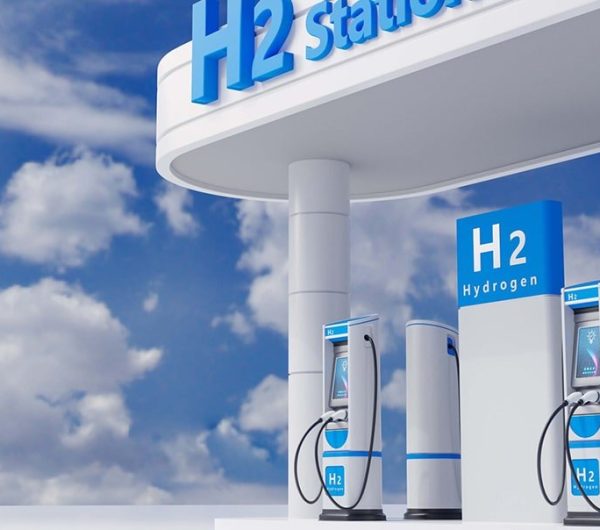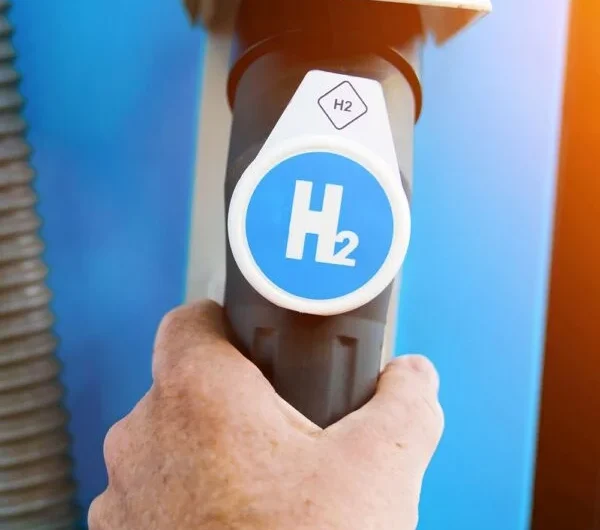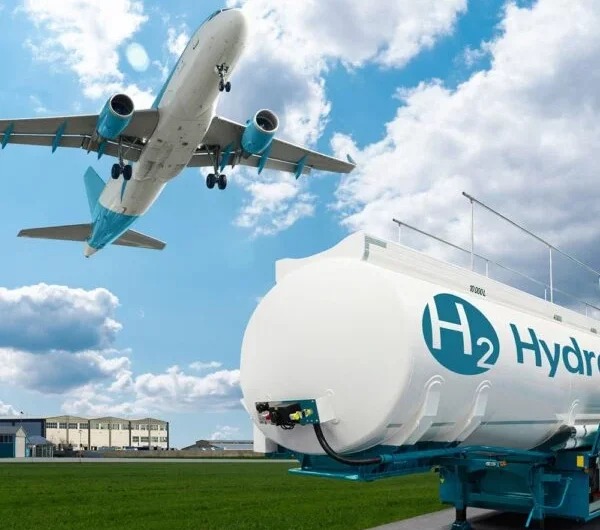
About us
Egypt Hydrogen Science Association & EHI
Egypt Hydrogen Science Association & EHI are science based not for profit organizations, that do not
represent or endorse any specific commercial hydrogen product, organization or company.
Hydrogen Science
Hydrogen science encompasses a broad range of disciplines dedicated to understanding the properties, behavior, production, and utilization of hydrogen. At its core, hydrogen science explores the fundamental principles governing the behavior of hydrogen atoms and molecules, as well as their interactions with other elements and compounds.
EHI
EHI might represent a company or entity named Energy Holdings International, possibly involved in the energy sector, such as renewable energy production, energy trading, or energy infrastructure development.
natural conditions
Background and Motivation
Egypt’s geographic and natural conditions are ideal for development of wind and solar generated power. The earliest
studies conducted in 1980 by Prof. Dr. Amin Mobarak of Cairo University and all later studies confirm excellent wind
conditions particularly in the Gulf of Suez, where wind speed average is 10 m/sec and above, thus creating potential for
wind generated electricity up to 20,000 MW which puts Egypt well situated on world map for wind generated electricity.
Additionally, Egypt enjoys highest annual sunshine hours and unlimited open space for solar power installations thus
culminating an estimated potential up to 8000 Tera Wh/year which can be utilized for producing green hydrogen, green
ammonia and Power-to-X in general.
Furthermore, it is noteworthy that Egyptian Chemical Industries Company (KIMA) was the first company in MENA region
and one of the first in the world to apply hydroelectricity from Aswan dam to produce hydrogen and ammonia, which
would now be recognized and classified as “green hydrogen & green ammonia”. However, when KIMA plant expanded
in 2019, much of green hydrogen production through electrolysis was switched over to gas-based steam methane
reforming process. At that time availability and economic considerations took precedence.


Hydrogen importance
Capacity Building
Hydrogen is rapidly coming of age to eventually be of equal importance or surpass fossil fuel, thus the industry shall
require specialized manpower on all levels and all specialties, be that technicians, engineers, economists, safety experts,
inspectors, and compliance specialists. Therefore part of our mission is capacity building and eventually establishing
Egypt Hydrogen Institute (EHI) for vocational capacity building and training in cooperation with leading international
institutions.
Hydrogen Science
Hydrogen science encompasses a broad range of disciplines dedicated to understanding the properties, behavior, production, and utilization of hydrogen. At its core, hydrogen science explores the fundamental principles governing the behavior of hydrogen atoms and molecules, as well as their interactions with other elements and compounds.
EHI
EHI might represent a company or entity named Energy Holdings International, possibly involved in the energy sector, such as renewable energy production, energy trading, or energy infrastructure development.
289
PROJECTS DONE
256
HAPPY CLIENTS
49
TEAM EXPERTS
69
TEAM MEMBER
green hydrogen
At vero accusamus dignissimos ducimus qui excepturi
Hydrogen Production
At vero accusamus dignissimos ducimus qui excepturi
fuel generator
At vero accusamus dignissimos ducimus qui excepturi
Fuel Cells
At vero accusamus dignissimos ducimus qui excepturi
Hydrogen Storage
At vero accusamus dignissimos ducimus qui excepturi
Technology Validation
At vero accusamus dignissimos ducimus qui excepturi
CORE FEATURES
HYDROGEN FUEL CELL TECHNOLOGY
Hydrogen fuel cell technology offers several advantages over conventional combustion engines and battery-powered systems. It provides higher energy efficiency, longer range, and faster refueling times compared to battery electric vehicles. Additionally, hydrogen fuel cells produce zero tailpipe emissions, making them an attractive option for reducing greenhouse gas emissions and air pollution.
While there are still challenges to overcome, such as hydrogen production, storage, and infrastructure development, ongoing research and advancements in fuel cell technology continue to improve its viability and competitiveness as a clean energy solution for a sustainable future.

TEAM & EXPERT
PROFESSIONALS TEAM

Menegar

Technician

Menegar

Technician

Menegar

